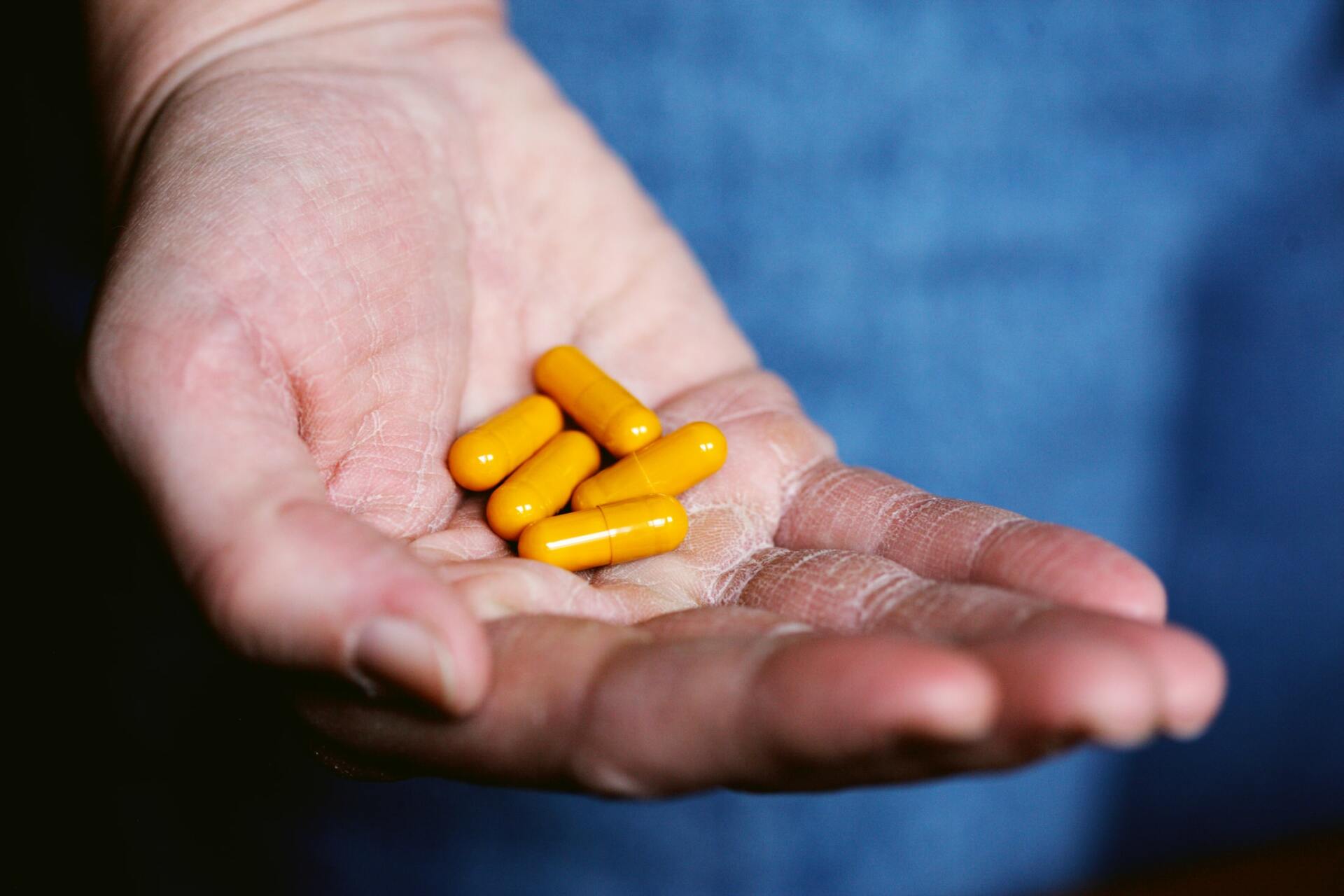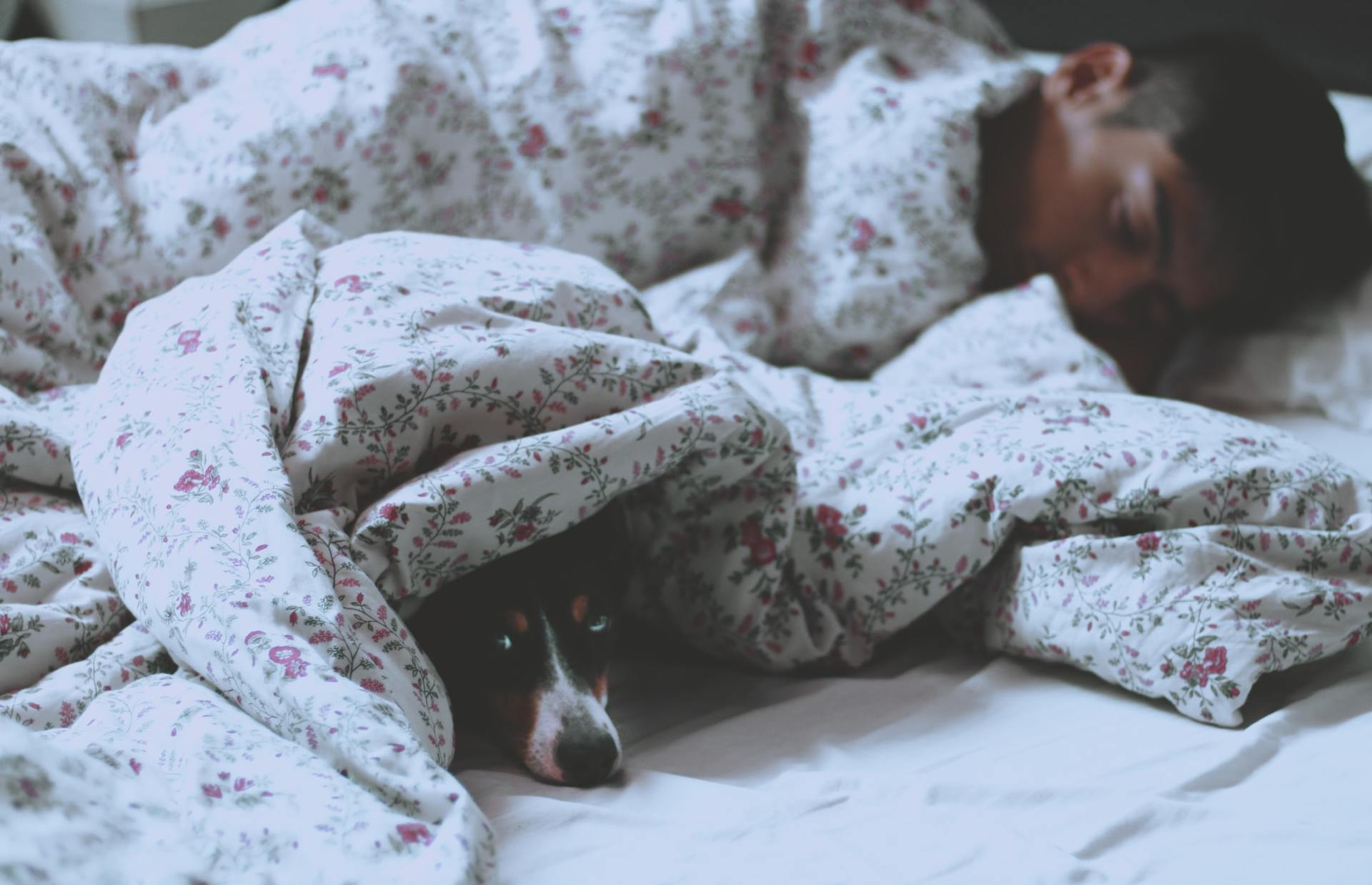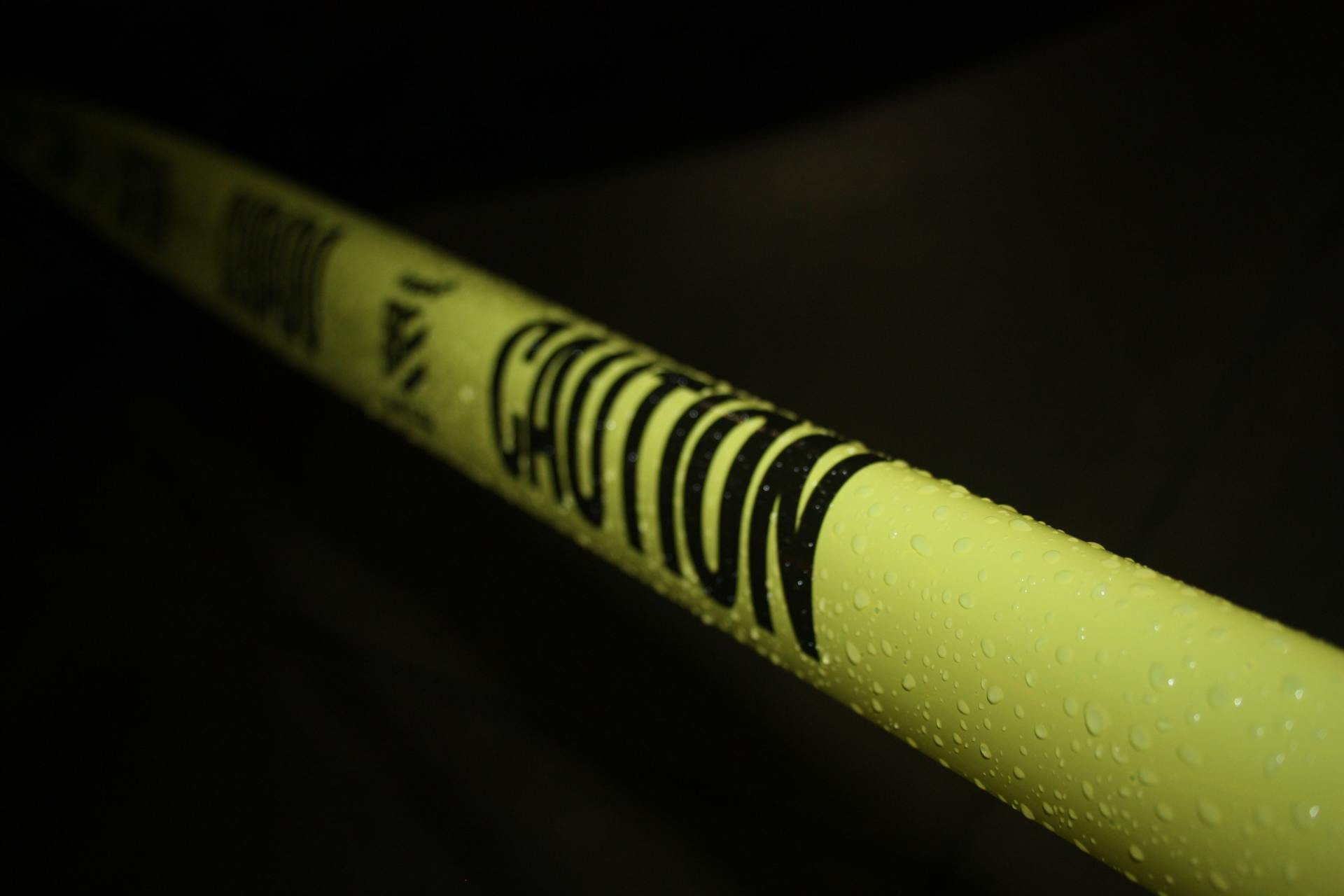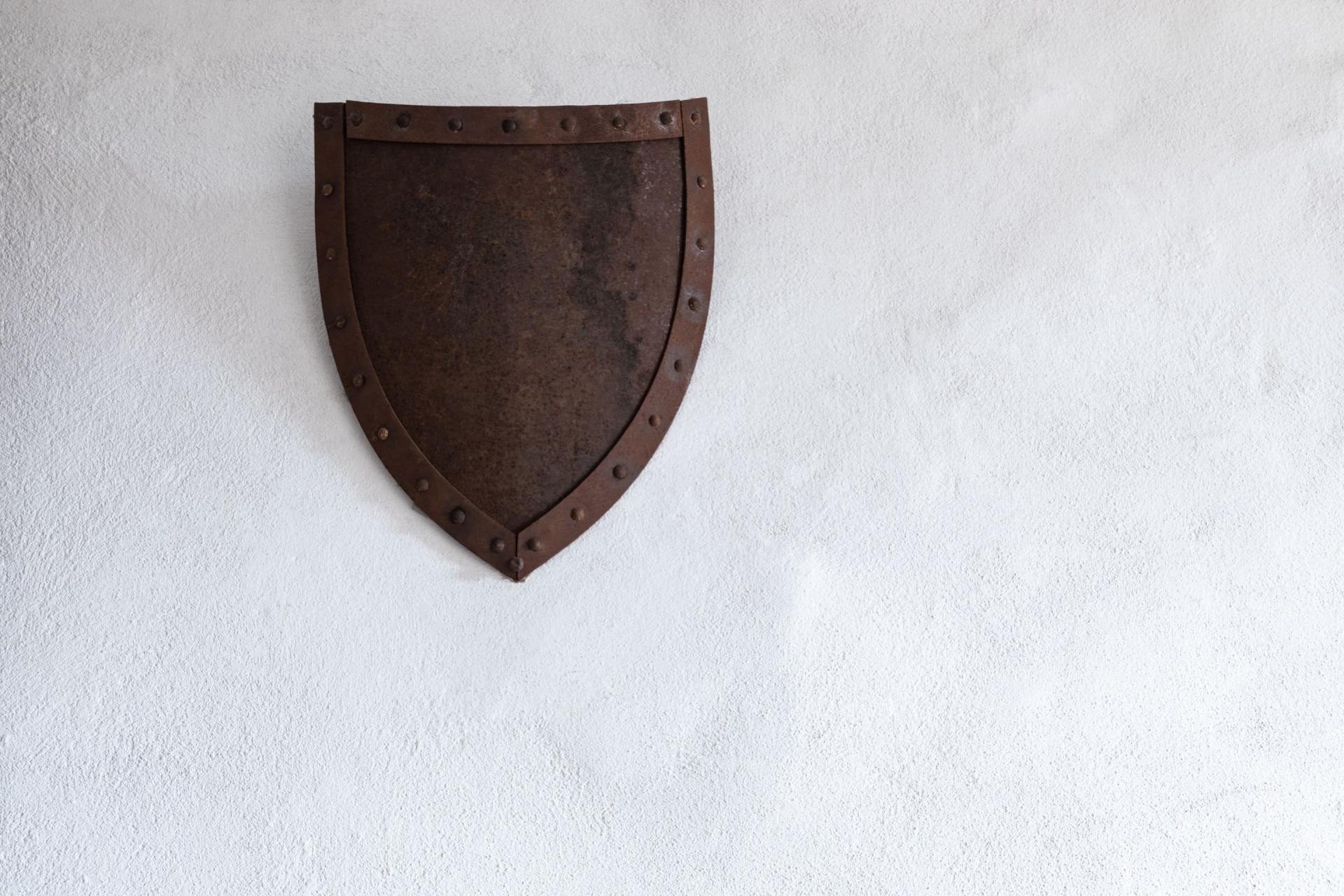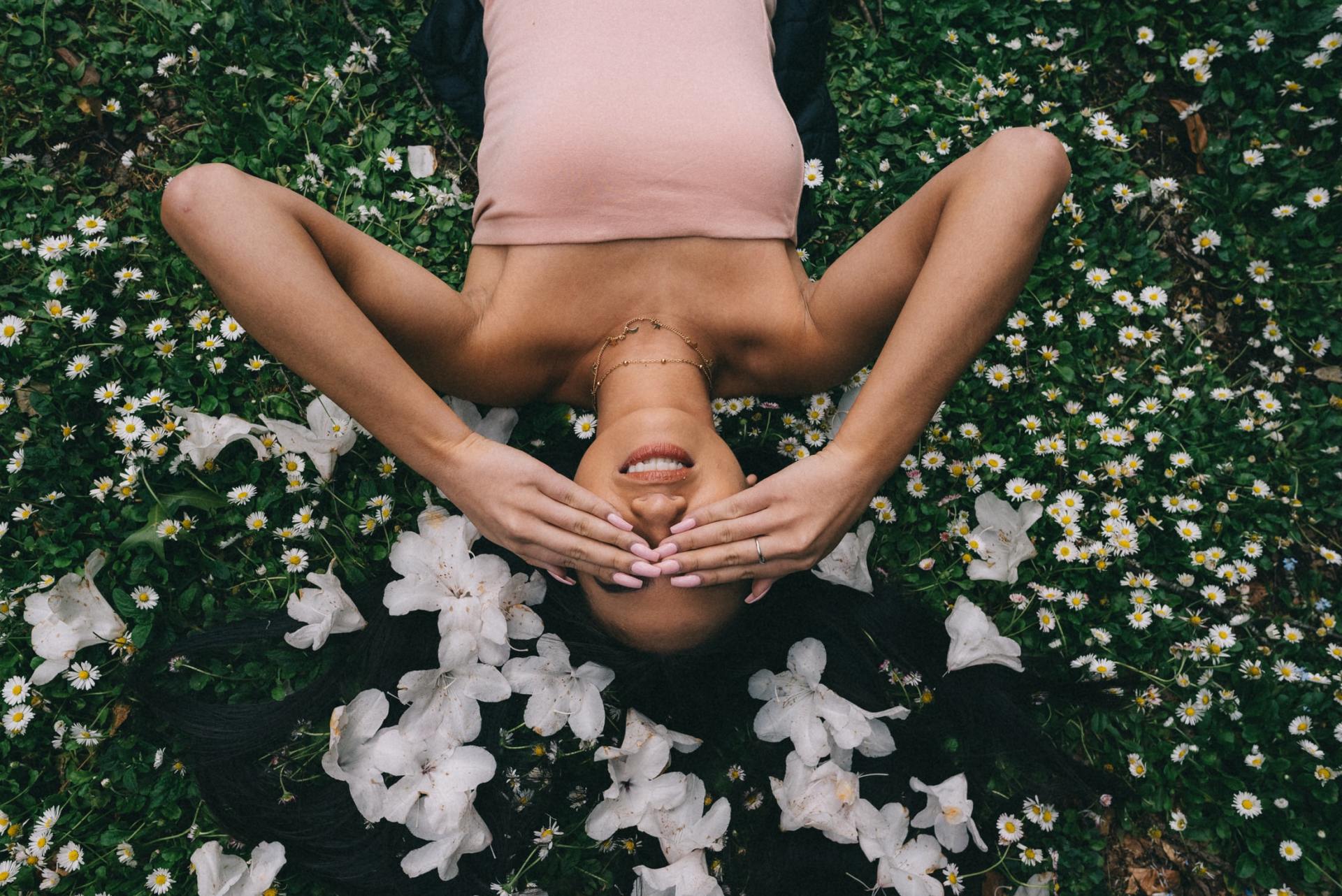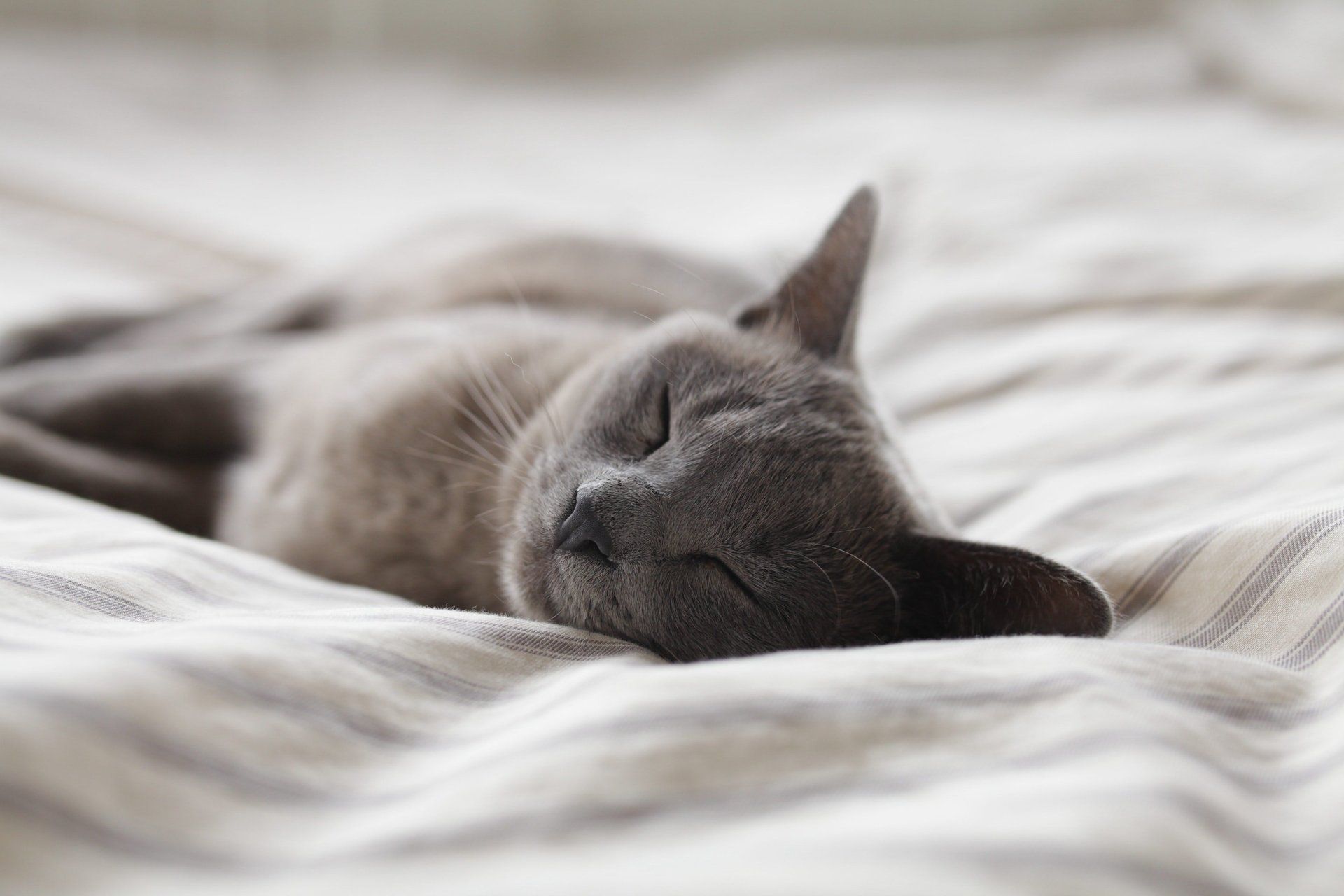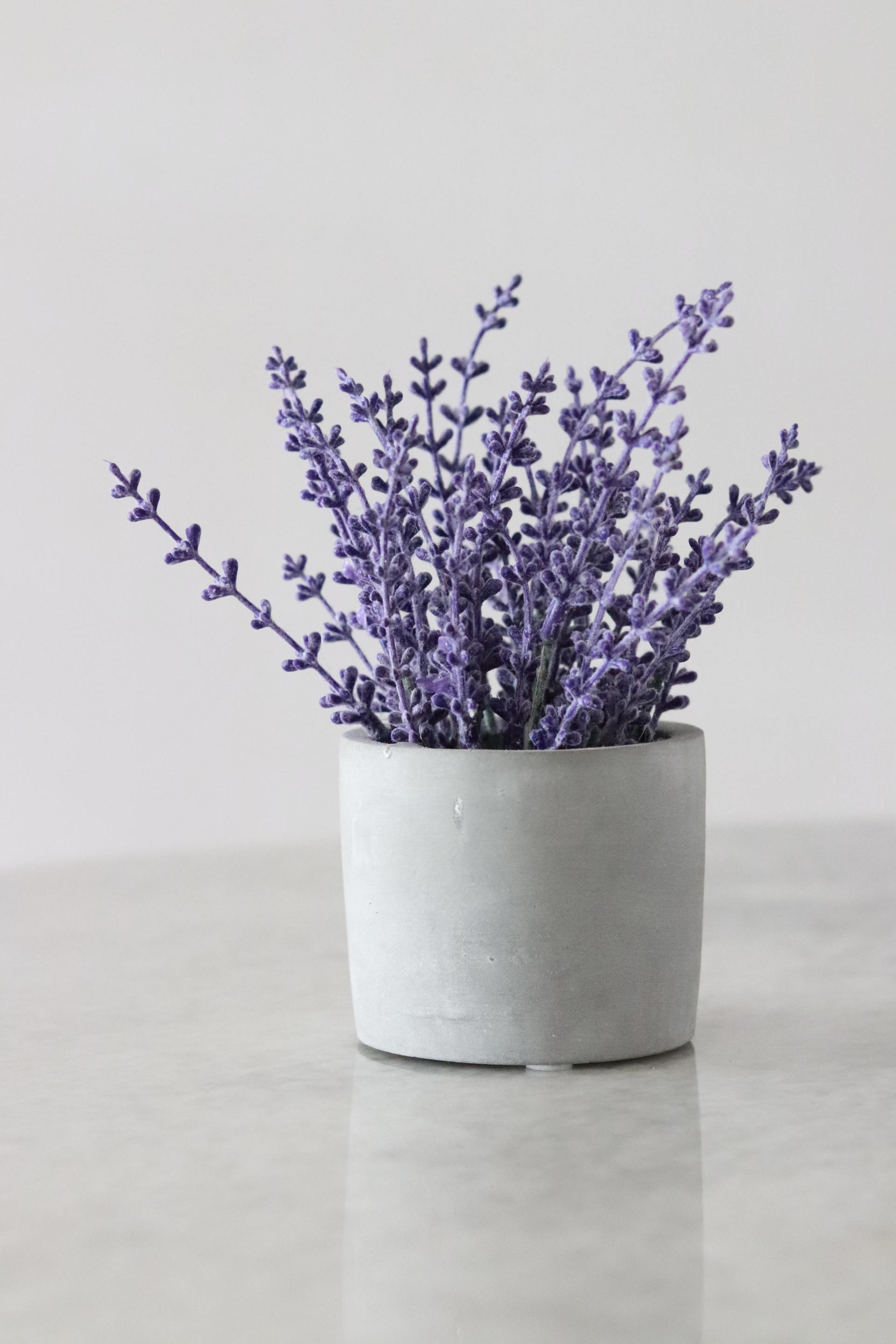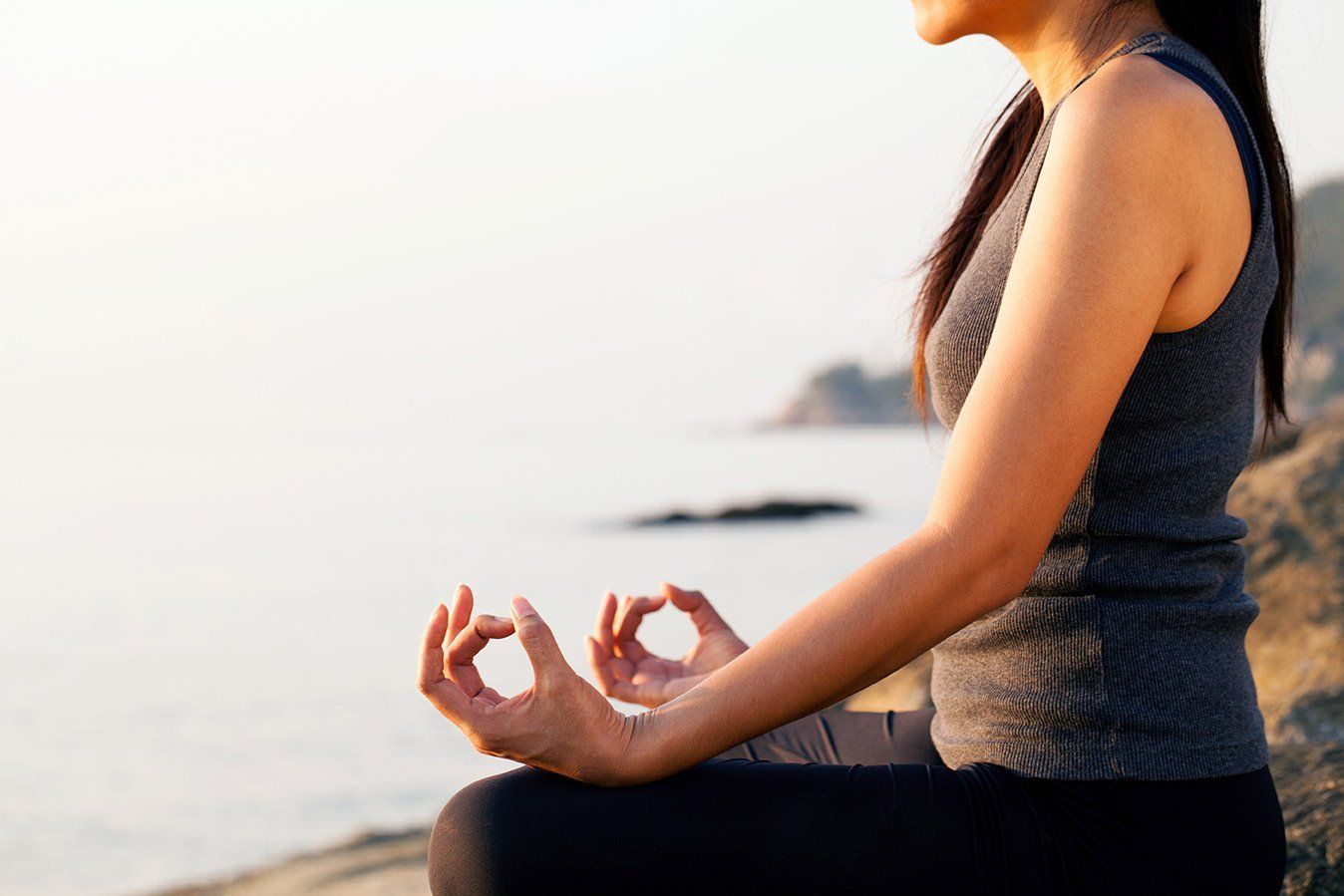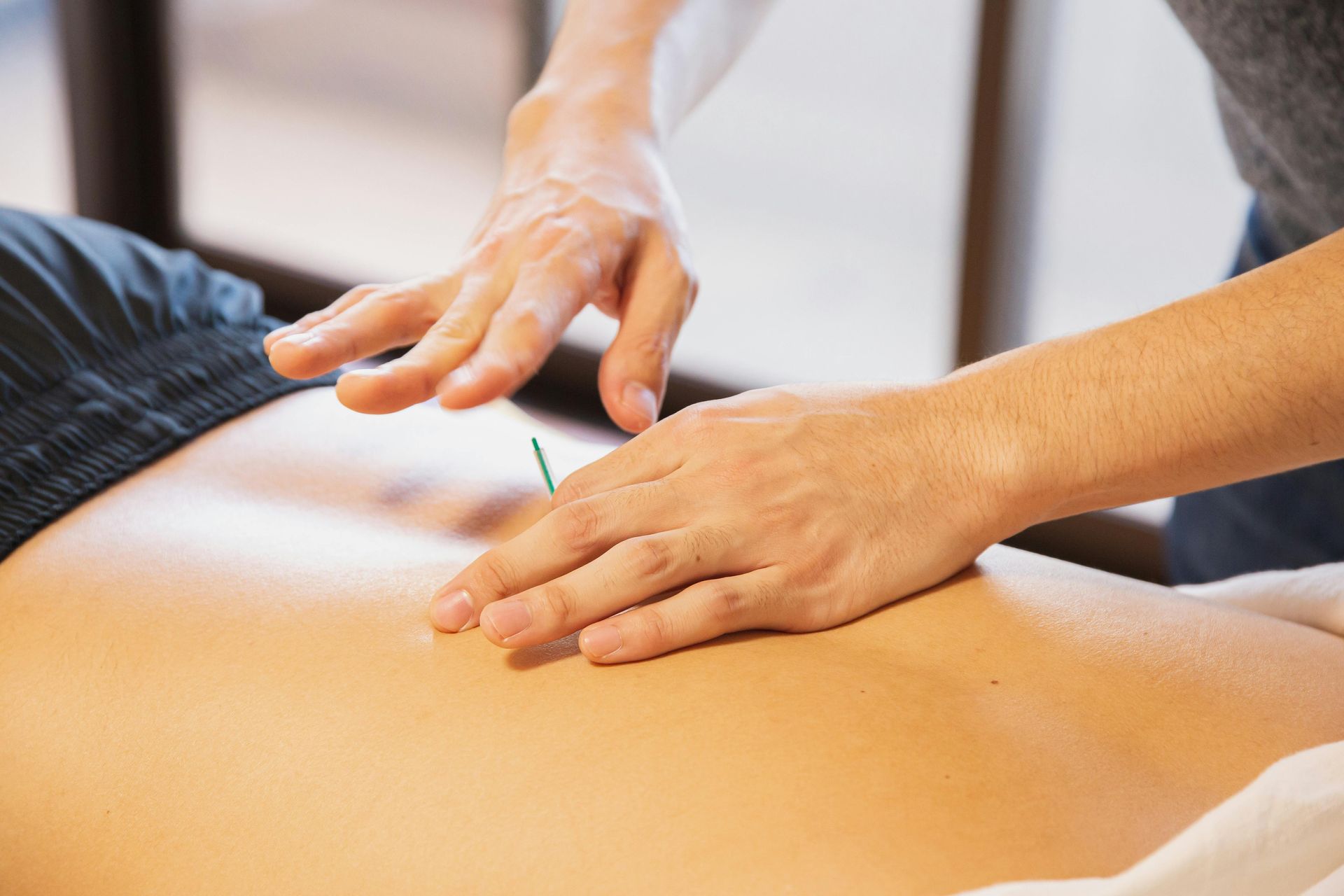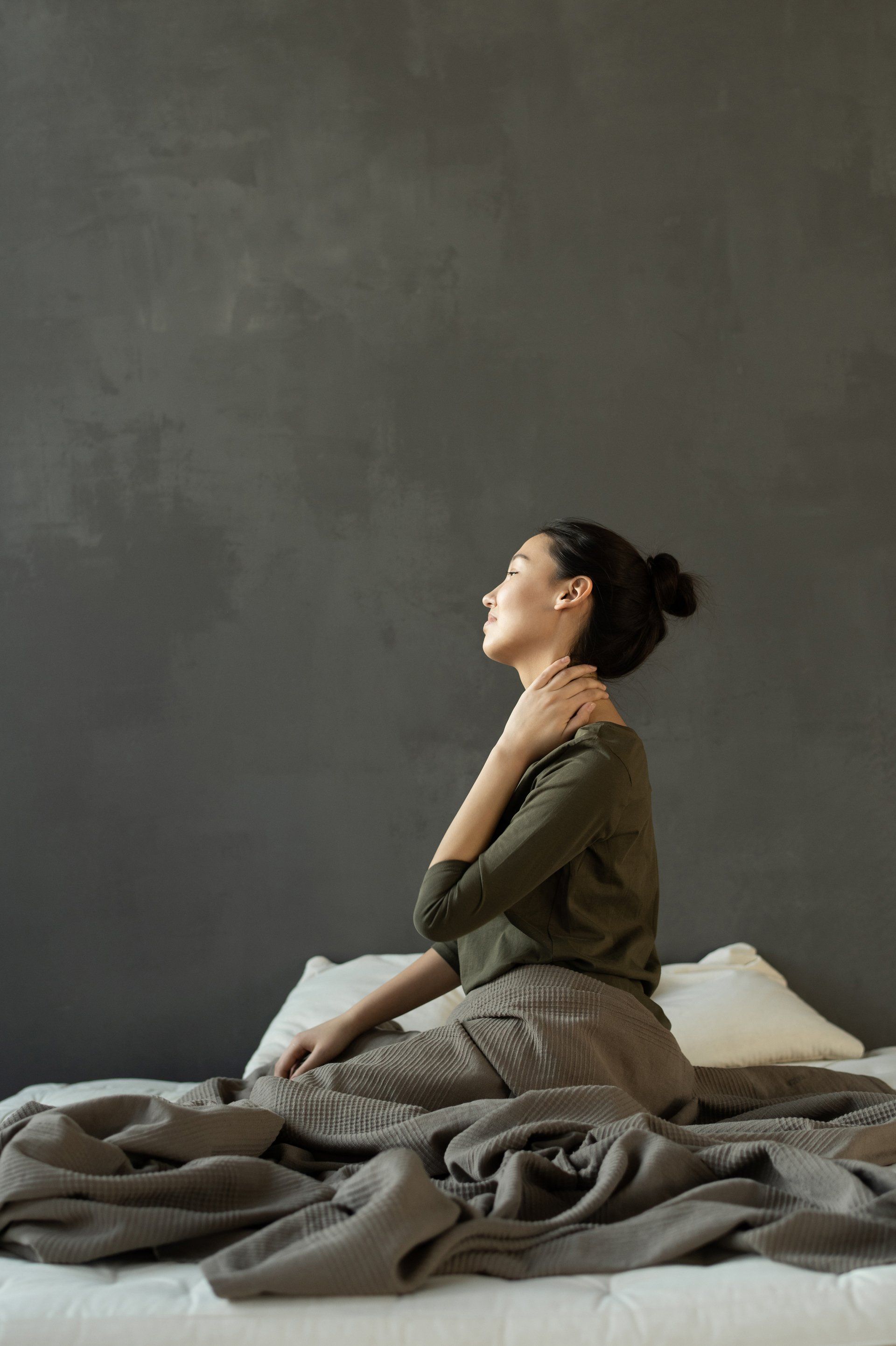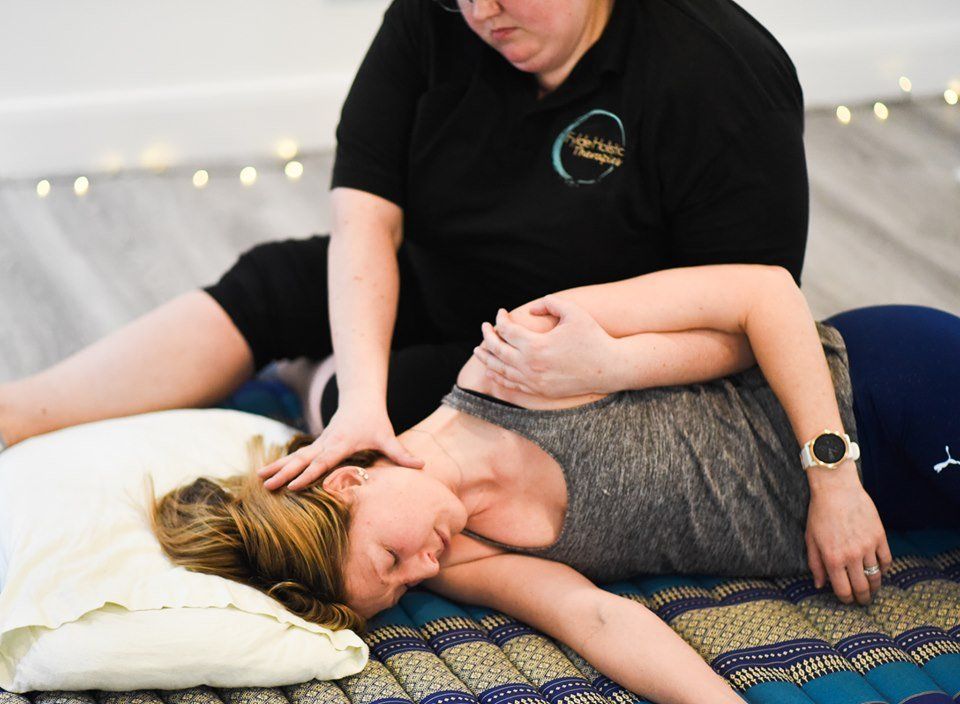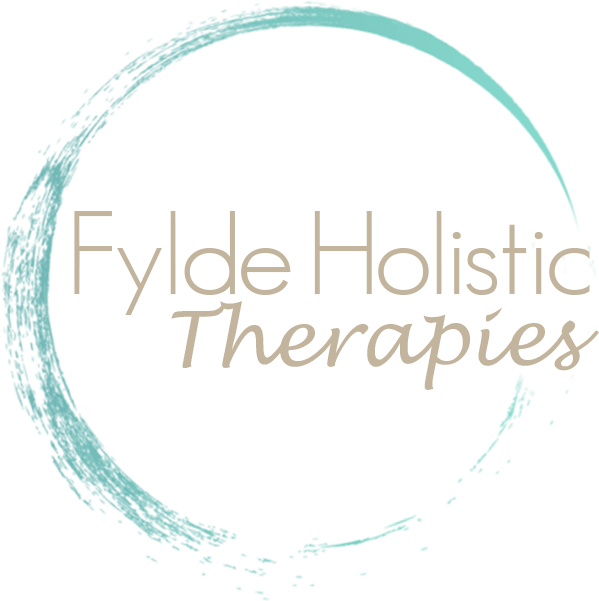Sleep Hygiene Part 2
Sleep Hygiene part 2
Environmental factors
A big part of your sleep hygiene is creating an environment which is conducive to sleep. There are many aspects to this and not all of them will be easy to change, so I suggest starting small and gradually building up those small changes.
- Make sure you have a clean and tidy room and regularly change your bed linens. If you believe in energy flow, then making sure there is no clutter allows the mind to unwind and the energy to flow freely. If you do not believe in energy flow then the psychology around a disorganised environment is registered by our brain as a job to be completed, on a conscious and subconscious level. The longer we leave it the stronger the feelings of guilt. Guilt triggers stress in the body and mind, which in terns stops you getting a full and restful nights sleep. Eliminating or reducing bedroom clutter will give your brain one less worry to contend with, which will improve your quality of sleep.
- Your bed – this may seem like an obvious one but when was the last one your thought about your mattress and pillows, we spend 26 years of our life sleeping and a further 7 years trying to get to sleep and so we really need to invest in the best options that work for you. Is your bed still supporting you? Do you wake up with back, neck or shoulder pain? Can you get comfortable easily or does it take a while? These are questions you need to ask yourself, and once you have the answers then make the relevant changes.
- Pets – this may be a contentious issue, but do you have pets that sleep in the bed with you? Do you they take over the bed, get in the way and lead you to sleep in funny positions? Do they wake you up in the middle of the night? Whilst it is lovely to have your pets join you, if they interrupt your sleep then that is something you need to consider, maybe provide them with their own bed and put some boundaries in place to stop them preventing you from getting a good night’s sleep.
- No bright or blue light. Bright lights before bed trick the brain by suppressing melatonin, the hormone that provide the body’s internal biological signal for darkness, it basically prepares the body for bed, and so supressing melatonin by having bright lights before bed is counterproductive to a good night’s sleep. The same goes for blue light from screens (and that includes mobile phones, laptops, and TVs), the light emitted from these devices looks white, but our eyes cannot filter the colours and so the blue part of the spectrum goes through and acts to suppress melatonin. You can add a blue light filter to most devices, this gives the screen a red tinge and stops the blue part of the spectrum from entering your eyes. Meaning if you are addicted to your device at least the white light will not stop you from sleeping. So some easy changes to make are turning your devices off at least an hour before bed and/or use a blue light filter.
- Cold Oxygen rich air. The optimal temperature for sleep is between 15-19C, a room which is colder has the following benefits anti-ageing (increased melatonin production is also a powerful anti-aging hormone), prevents metabolic disease, decrease risk of diseases, prevent insomnia, enhances mood, and reduce stress levels. One of the great ways of lower the temperature in the room is to open the window. This also acts to lower the carbon dioxide levels in the room and provides an Oxygen rich environment, which leads to deeper and more efficient sleep with fewer awakenings. If leaving the window open does not appeal to you then try adding some plants to your bedroom, plants such as Snake plant and Aloe Vera are great for purifying the air and improving the oxygen levels in the room. As a bonus they are also very hardy and easy to care for. If plants are not your thing then maybe a humidifier or a fan will help to cool the air.
- Magnesium – Some people find magnesium helps them sleep, adding Epson salts to a warm bath before bed, taking a magnesium supplement before bed or applying a magnesium spray or cream to your legs before bed can all help to improve sleep. Many people have a magnesium deficiency, which is shown to give aid insomnia or a light and restless sleep, so taking a magnesium supplement (luckily magnesium can be absorbed through the skin as well as orally) will help to induce a deep and restful sleep. I personally love the Sweet Bee Organics Sweet Sleep Butter.
I will caveat this last point in that some people have a high sensitivity to magnesium products so please use them very carefully. Personally, magnesium products burn the skin on my feet but are fine on my legs. Many other people are fine with them, so please just use caution when using them.
Senses
This point is about the senses, some people sleep better with complete sensory deprivation whilst other like some sense deprive whilst others engaged, this section will be about finding the combination the works for you.
- Taste – drinking a calming beverage before bed such as a camomile tea, ovaltine or a hot cocoa can help to calm the mind and whose effects can help induce sleep.
- Light – whilst its important to have access to lots of early morning light, having light in the room whilst trying to sleep can stimulate the brain preventing sleep, so consider a black out blind or an eye mask. By blocking out the light it will help to aid sleep.
- Smell – make sure the room is clean and has plenty of fresh air (see above about Oxygen content) but also consider calming scents, such as camomile or lavender. I personally really like the Tropic So Sleepy Pillow Mist which is lovely for spraying on your pillow an hour before bed. The lavender smell triggers feeling of sleep and relaxation which helps to turn my mind off.
- Sound – there are several options for sound, either opt for complete sound deprivation by buying ear plugs or using sound to occupy your mind by listening to a guided meditation, relating music or a white noise machine. I used to sleep in silence but have found recently that I get a better night’s sleep with some form of white noise in the room and have recently got into sleep hypnosis videos on YouTube at a low volume they prove quite helpful, to distract my mind from thinking and allow me to get to sleep sooner.
Mind
Once you have your whole environment and physiology optimised then there is only one other point to address, and this is your mind. There are several techniques that can be employed to help calm the mind ready for sleep.
- Guided meditation – this can help you if you are not used to practicing meditation as it talks you through a meditation. There are some great apps available. I recommend the Calm Sleep stories, the app can be downloaded from the app store.
- Another great idea is having a note pad next to the bed, if you find it helpful write your following days to do list down before you go to bed or keep the pad close so if you have any thoughts during the night you need to remember, you can write them down and not worry about forgetting them.
- Try journaling – there are some great guided journals out there and spending 10minutes before bed will not only be good for your mental health but will help to calm your mind and any anxieties you may have.
- Pressure points – there are a number of pressure points you can use to calm the mind; they are often used in acupuncture settings but can be used with pressure. These are some of the points I use in this web article. I particularly like Yin Tang (EXHN3), Hegu (L14) and Governor Vessel (DU20). This last one I use a lot especially in my treatments and it can be a powerful pressure point and great for calming the mind.
- Body Scanning – is a great technique for relaxing the body and mind for sleep, I will do a more in-depth post on some of these meditation techniques at a later date. However, a good YouTube video on Body Scan can be found on the link.
- Breathing – finally working on your breathing, a good technique used by soldiers to get them to sleep quickly is the 4/7/8 breathing technique. You breathe in for 4 seconds, hold for 7 seconds and breath out for 8 seconds, repeat 10 times and you should hopefully be calm enough for sleep. Even just concentrating on your breathing will take your mind off overthinking and allow you to sleep.
I’ve covered a lot in these two blogs, I really hope you have found one ( hopefully more) suggestion that you have been able to implement to help you get a better night’s sleep. Sleep hygiene is really about creating a series of habits that will optimise your sleep and help you feel more rested and energised in the morning.
I’d really like to hear your thoughts on these blogs, did you find them useful? Have you implemented any of the suggestions? Did they work for you? Are there any that you would like to try but haven’t yet? Please drop your comments in the box below and really let me know what you think.
Also if you have any other suggestions for blog posts you would like to see from me then do please let me know.
